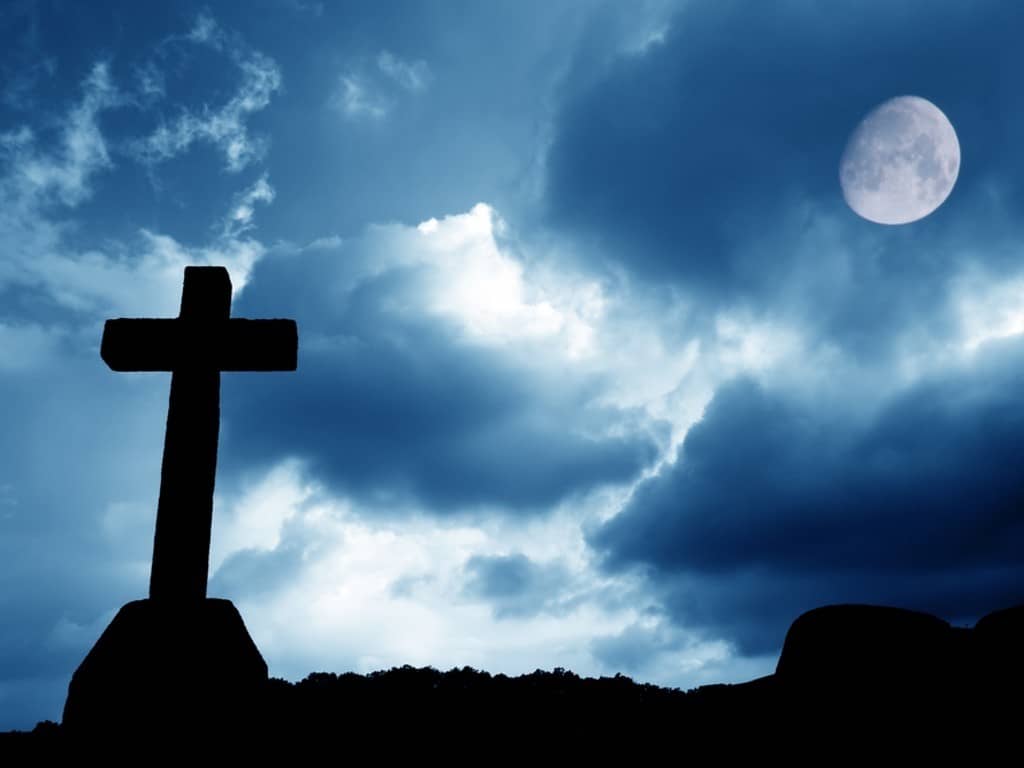In some respects, faith factors help bridge the gulf between Romney, a Mormon, and Obama, a mainline Protestant. Each says he prays daily and reads the Christian scriptures for wisdom. Both are multi-millionaires and give more than 20 percent of their incomes to charity. Neither faces allegations of infidelity or impropriety. They agree America has moral responsibilities to care for the most vulnerable and spare future generations from crushing debts.
But in many ways, they come from opposite ends of the American religious spectrum. Hence it’s not surprising that one exudes more trust in religious institutions than the other does.
Let’s review their backgrounds. Romney grew up in a Mormon churchgoing culture that vests boys with leadership responsibilities at age 12. He rose through the ranks to deacon and later bishop in a church that has no professional clergy. As a bishop in Belmont, Mass., he coordinated assistance for struggling families and counseled them on how to get back on their feet. For decades, he’s tithed to and helped lead a church which, according to Mormon historian Matthew Bowman, borrows heavily from corporate America in its governance and uses “franchising” models to grow the Church of Jesus Christ of Latter Day Saints worldwide.
By contrast, Obama comes from line of lapsed Christians and Muslims who found organized religion unconvincing or stifling. His Kenyan-born father traded Islam for atheism, according to historian David L. Holmes, author of The Faiths of the Postwar Presidents: From Truman to Obama (University of Georgia Press, 2012). His mother chose secular humanism over her parents’ Methodist heritage and taught her son to see religion as a human invention to explain the mysterious.
When Obama embraced Christianity and got baptized after law school, he joined Trinity United Church of Christ, a predominantly black Chicago church with ties to the liberal United Church of Christ (UCC) denomination. He cheered Trinity’s dozens of local outreach ministries. But then as now, his attendance tended to be sporadic, Holmes says.
Since his falling out with now-retired Trinity Pastor Jeremiah Wright in 2008, Obama has had no formal ties to a religious community and has treated worship mostly as a private affair.
From these backgrounds grow divergent concerns. Obama worries about churches acting as if they are above the law. Romney worries about government policing religious practice. Both say they want Judeo-Christian values to inform public policy, but they differ on how to do that.
Consider, for instance, federal rules binding religious organizations. The Obama administration has riled Catholics by insisting church insurance policies cover birth control despite church teachings against the practice.
Catholic colleges have cried foul, too, as they’ve tried to keep labor unions from organizing adjunct instructors. Their beef: regional offices of the National Labor Relations Board have ruled certain Catholic schools are not truly Catholic – and therefore are not exempt from the board’s oversight – since they don’t require explicit faith pledges from students or faculty.
Meanwhile Romney, a dyed-in-the-wool product of organized religion, has championed the Catholic Church’s right to forego coverage for birth control. He’s alleged Obama is waging a “war on religion” as rules increasingly restrict and compel church affairs.
On same-sex marriage, their respective faith histories might account for differences, too. Romney opposes it because he believes marriage is a God-given institution and a union between “one man and one woman.” Mormons haven’t always defined marriage this way; they regarded polygamy as an ordained practice until 1890. But sometimes converts to a position are its most zealous defenders, and Mormons now help lead state-based efforts to defend “traditional marriage” as a pro-family stance.
For his part, Obama broke with prevailing black church tradition when his “evolving” position on same-sex marriage culminated in his May endorsement. The move was consistent, though, with his overall spiritual approach. As one who doesn’t put much stock in religious prohibitions, he faced no great hurdle in terms of scriptural warnings against gay sex. What’s more, the national setting of his former denomination has backed same-sex marriage since 2005. Thus when he felt inspired by gays and lesbians on his staff to rethink his position, he had an open spiritual path in which to do so.
Obama has also put his stamp on what began as the Office of Faith-Based Initiatives under President George W. Bush. Bush’s office helped faith-based groups get funding for their humanitarian outreach projects. Obama, observers say, has transformed it. Now the administration in effect calls the tunes and asks which faith groups would like to dance. Example: to expand a summer food program for needy children, the administration in 2011 recruited 1,465 churches to serve as new distribution sites.
“President Obama really has changed the spirit of the [faith-based] initiative,” says Lew Daly, author of God’s Economy: Faith-Based Initiatives and the Caring State (University of Chicago Press, 2009). “He’s turned it more into a kind of standard, liberal policy initiative.”
While Romney hasn’t said much about how he’d manage faith-based initiatives, he supported Bush’s approach at the time. Restoring the Bush way would dovetail with his view, based somewhat on personal experience, of religious organizations being more attuned to local needs than federal administrators are.
Obama and Romney might share some religious beliefs, but their levels of trust in religious organizations clearly differ. Those sensibilities are apt to keep playing out, not only in the campaign but also – for one of them – in the White House.
G. Jeffrey MacDonald is a freelance journalist, ordained minister and author of Thieves in the Temple: The Christian Church and the Selling of the American Soul (Basic Books, 2010). Check out his website!

